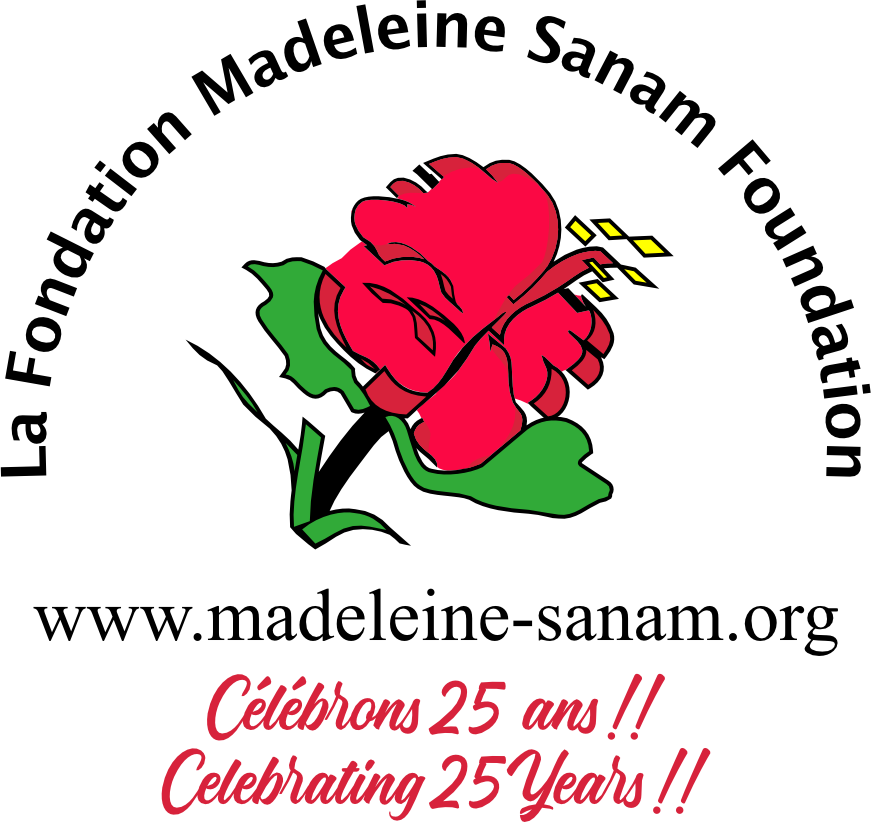Our Programs
Community Health and Well-Being
In response to the global HIV/AIDS pandemic and its close ties to the African and Caribbean community in Alberta, the Foundation’s work is focused on this issue. The Foundation has consistently developed and delivered culturally appropriate HIV/AIDS training programs to promote discussion, raise awareness of sexual health, and provide training tools for participants to become peer educators within their communities. Through the following courses:
- Sexual Health for Women
- Sexual Health for Immigrant and Refugee Women in Particular
- Advocacy for/by Women Living with HIV
- Financial Security and Insecurity for Women
- Participation in Economic Development
- Training of Trainers
Tackling the Social Determinants of Health
Another Madeleine-Sanam Foundation (MSF) achievement is our unique work focusing on reducing the social and economic factors that increase individual and collective risk of HIV/AIDS. In the courses we offer, we address the social status and income of women in African and Caribbean communities as one of the key determinants of health. We focus on reducing poverty in these communities and, by extension, reducing their vulnerability to HIV and other sexually transmitted and blood-borne infections (STBBIs).
Empowering women is crucial in the fight against HIV, as it aims to improve access to medicines not covered by the healthcare system. It is also linked to better control of working hours and planned use of the family. Contribute to family income and participate in Alberta’s social life. Reduce crime, street children and prostitution. It secures livelihoods and improves the status of women. It strengthens their ability to make decisions about sexuality and produces positive results in the fight against HIV.
Education/awareness-raising in schools
The foundation has also been successful in providing health education to young boys and girls in French and immersion schools. We organize HIV/AIDS awareness weeks in schools, focusing mainly on sexual violence, infection prevention (ITSS) and its impact on young people’s well-being.
Thanks to our educational initiatives, many of the young women we have trained have learned to take control of their health and sexuality.
